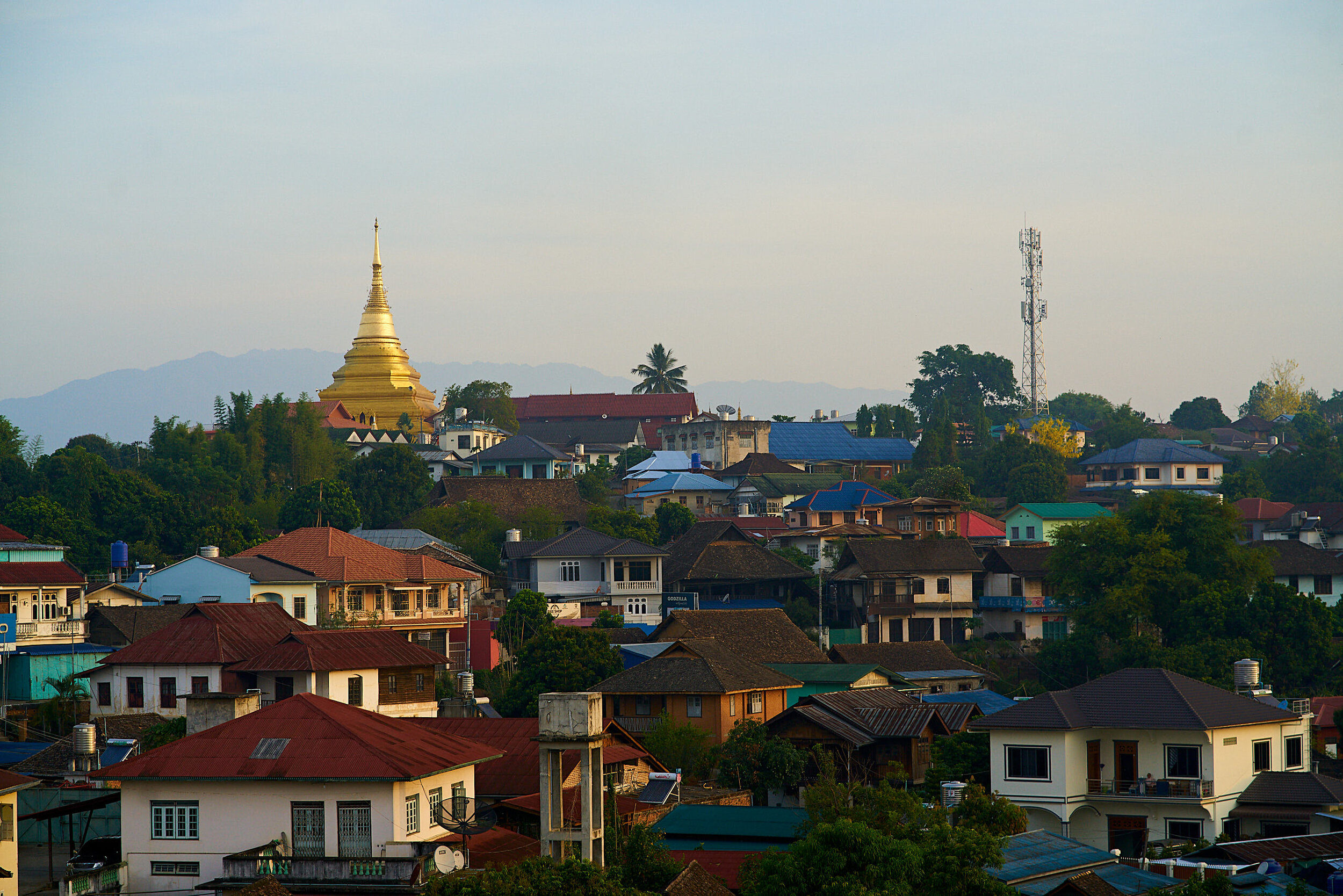This wall is an important place for the Wa culture, as well as for my family. Thousands of years ago it was part of an enormous defense network for one of the most advanced cultures of its time. Although few have heard of the Wa or of their defenses, I think seeing the condition of some of these bricks thousands of years later is a testament to the skill with which they were made.
“The Bible places feeding the hungry and protecting the oppressed as a step toward restoration of culture and society.”
These same defensive walls can be found throughout parts of Myanmar, Yunnan China and Northern Thailand. Just over a century ago, these walls provided the border to the property my ancestors occupied when they began their pioneer missionary work in Southeast Asia. As I share in the video, both my grandfather and father were born in the shelter of these ancient walls.
The Bible uses the picture of building walls frequently. It even refers to Jesus as a cornerstone. In Isaiah 58, it says that we will rebuild ancient walls, IF we “spend ourselves in behalf of the hungry, and satisfy the needs of the oppressed” (NIV). If we do this, then we will be a restorer of walls and a “restorer of homes” (NLT). The Bible places feeding the hungry and protecting the oppressed as a step toward restoration of culture and society.
This upside down approach of focusing on the powerless might not excite powerful leaders or strategists, but this theme is strong through Scripture. If anyone would question it’s efficacy, they need only to look at the life and the impact of Jesus himself to see whether or not this approach works. Jesus spent his time investing in the lowly, in the oppressed, in the hungry…the common people. The impact of this has stretched for millennia.
This is the same approach we have taken in Southeast Asia. We protect and provide for some of the most oppressed and the most at risk children in places like Myanmar. We believe that in doing so we are planting the seeds for the rebuilding of walls and the restoring of homes not only for a child, but for a culture.
You can apply this to powerful countries like America too. When a culture becomes disconnected from the poor, its “value of life” needle is too low and society begins to unravel. How do you see the needle pointing where you live? In your city, province or country? What are you doing about it?


